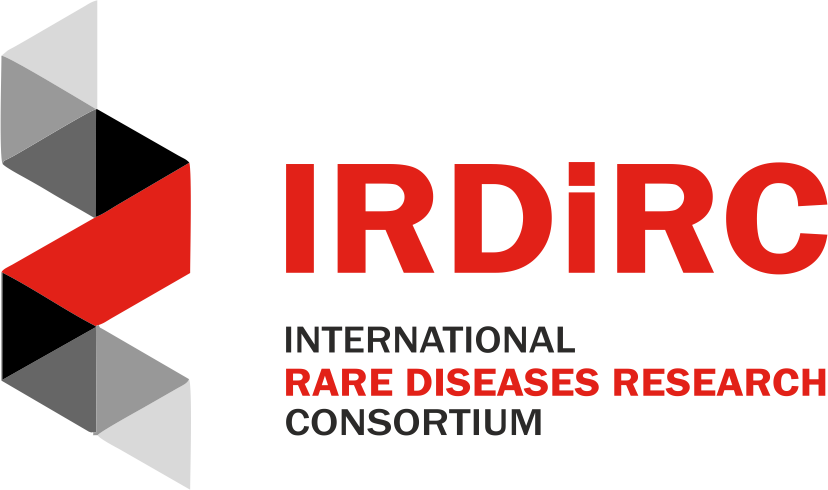The Therapies Scientific Committee (TSC) is establishing a Task Force to characterize specific commonalities amongst a large group of “disregarded” rare diseases, with the potential secondary aims to identify removable roadblocks that may foster future research and development. The PLUTO project aims at using an integrated database search approach to: identify and classify the groups of rare […]
Read MoreThe International Rare Diseases Research Consortium (IRDiRC) has published the results of its COVID-19 survey in the Rare Disease and Orphan Drugs Journal. The ambitious goals set by IRDiRC by 2027 to fulfill the vision of providing diagnosis and treatments to rare diseases (RDs) patients within one year of coming to medical attention have been challenged […]
Read MoreThe Food and Drug Administration’s (FDA) Office of Orphan Products Development (OOPD) is pleased to announce availability of funds for to support natural history studies for rare diseases and conditions. These studies are intended to provide acceptable data to the FDA that will substantially contribute to the approval of new products, or new indications for already marketed […]
Read MoreFollowing a sustained campaign by rare disease patient advocacy organisations such as Rare Diseases International and with the support of several Member States, the United Nations (UN) General Assembly has formally adopted on December 16th 2021 with the consensus of all 193 UN Member States the UN Resolution on Addressing the Challenges of Persons Living with a Rare Disease and their Families. This is […]
Read MoreIRDiRC member InnoSkel, a pioneering biotechnology company developing transformative therapies for the unmet needs of individuals with rare bone disorders, announced on December 16, 2021 that it has been awarded an Innovation Passport under the UK Medicines and Healthcare products Regulatory Agency’s (MHRA) Innovative Licensing and Access Pathway (ILAP), to pursue accelerated patient access for […]
Read MoreThe Therapies Scientific Committee (TSC), the Interdisciplinary Scientific Committee (ISC) and the University of Twente, the Netherlands, are jointly establishing a Working Group to explore the role and value of medical devices in rare diseases. The Working Group will primarily focus on devices used for either the treatment of rare diseases, such as implants, and […]
Read MoreThe Funders Constituent Committee (FCC) have set up a Task Force to identify barriers and opportunities for the use of telehealth to improve diagnosis, care, and research experiences for rare disease patients – including technological, legal, cultural, linguistic, healthcare system, and patient/provider factors. This will be accomplished through survey and systematic review of existing models of telehealth, […]
Read MoreThe Chan Zuckerberg Initiative (CZI) has launched a Request for Information (RFI): Patient Registry Data Interoperability as part of the Rare As One project, aimed at mapping data interoperability challenges and support ideas that will make it easier for patient communities to share data with researchers, and for researchers to fully leverage patient voices in research. The RFI has been built after extensive […]
Read MoreFDA’s Office of Orphan Product Development (OOPD) has opened grant opportunity to support efficient and innovative natural history studies that advance medical product development in rare diseases with unmet needs. Through the support of natural history studies with high quality and interpretable data elements, FDA expects to address critical knowledge gaps, remove major barriers to […]
Read MoreYesterday marked the official launch of Screen4Care which is a new EU Research Project focussed on accelerating diagnosis for Rare Disease patients through genetic newborn screening and advanced analysis methods such as machine learning and Artificial Intelligence. The project will run for a period of five years with a total budget of EUR 25 million provided by the Innovative Medicines Initiative (IMI 2 JU), a joint undertaking […]
Read More
